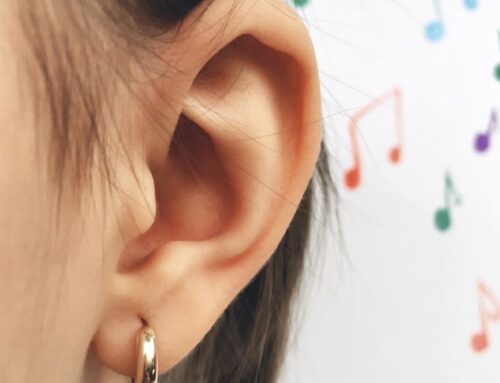In our fast-paced modern lives, where stress and anxiety often take center stage, finding effective avenues for relaxation and mental well-being is essential. One often underestimated but potent method is the act of learning to play a musical instrument. In this comprehensive exploration, we will delve into the profound connection between music, the process of learning an instrument, and the transformative impact it can have on mental health.
The Therapeutic Power of Music
For centuries, music has been acknowledged for its therapeutic properties. Its ability to evoke emotions, calm the mind, and transport individuals to different mental states is well-documented. When we take the leap from being passive listeners to actively engaging in creating music by learning an instrument, we unlock a new dimension of therapeutic power.
Understanding the psychological aspects of music and its direct, positive influence on emotions is crucial. There is a profound connection between music and our emotional well-being.
At Capstone Music Burlington, our focus is on helping students – children and adults – explore music they love. We learn and play for the love of it – for all of it’s benefits which extend beyond reading notes. It’s part of a healthy connection with music, each other, and our inner selves. Join us!
Stress Reduction and Relaxation
One of the immediate and tangible benefits of learning to play an instrument is stress reduction. The process requires focused attention and concentration, providing a welcomed escape from the pressures of daily life. The rhythmic patterns, melodic sequences, and the physical engagement required to play an instrument contribute to a profound sense of relaxation, effectively lowering stress levels.
Delving deeper into stress reduction techniques, as there are various ways music, in its diverse forms, can be seamlessly integrated into daily routines to optimize relaxation and stress relief.
Boosting Cognitive Function
Learning to play an instrument is a multifaceted cognitive exercise. It involves reading music, coordinating hand-eye movements, and memorization – all of which stimulate various parts of the brain. This cognitive engagement goes beyond musical skill development, enhancing overall mental agility and cognitive function. In fact, music lessons can provide support to those with ADHD and behavioural disorders.
For those inclined toward scientific exploration, this section provides in-depth insights into studies that highlight the cognitive benefits of playing an instrument. It explores the ways in which musical engagement positively influences brain function.
Expressive Outlet for Emotions
Music serves as a powerful conduit for emotional expression, and learning to play an instrument provides individuals with a tangible means to convey their feelings. This expressive outlet can be particularly beneficial for those who find it challenging to articulate their emotions verbally.
Uncover the artistic dimensions of playing an instrument and how it serves as a unique and powerful form of emotional expression. The connection between music and art supports the therapeutic nature of creative expression.
Building a Supportive Community
The journey of learning an instrument often leads to the formation of connections within a community of musicians. Whether these connections are fostered online or in-person, they contribute significantly to a sense of belonging and support. Shared musical experiences create a supportive environment that enhances overall mental well-being.
For those seeking to expand their musical horizons beyond individual practice, it is a great idea to seek out various online forums, local groups, and resources for connecting with fellow musicians and music enthusiasts. Building a supportive community can amplify the positive impact of music on mental health.
The Holistic Experience of Learning an Instrument
The journey of learning to play a musical instrument transcends the mere acquisition of technical skills. It becomes a holistic experience that nurtures mental well-being on multiple fronts. From providing a therapeutic escape and enhancing cognitive abilities to offering an expressive outlet and fostering a sense of community, the benefits of learning an instrument are profound and enduring.
Explore the holistic benefits of music education and the transformative impact it can have on various aspects of life beyond mental health.
Embrace the Musical Journey
Whether you’re a novice embarking on the exciting journey of learning an instrument or an experienced musician seeking to deepen your connection with music, the positive impact on mental health is undeniable. Embrace the therapeutic power of music, engage in the process of learning, and unlock the transformative benefits that extend far beyond the realms of musical proficiency. As you embark on this musical journey, may you find not only the joy of creating beautiful melodies but also the profound well-being that accompanies the harmonious interplay of music and the mind.






